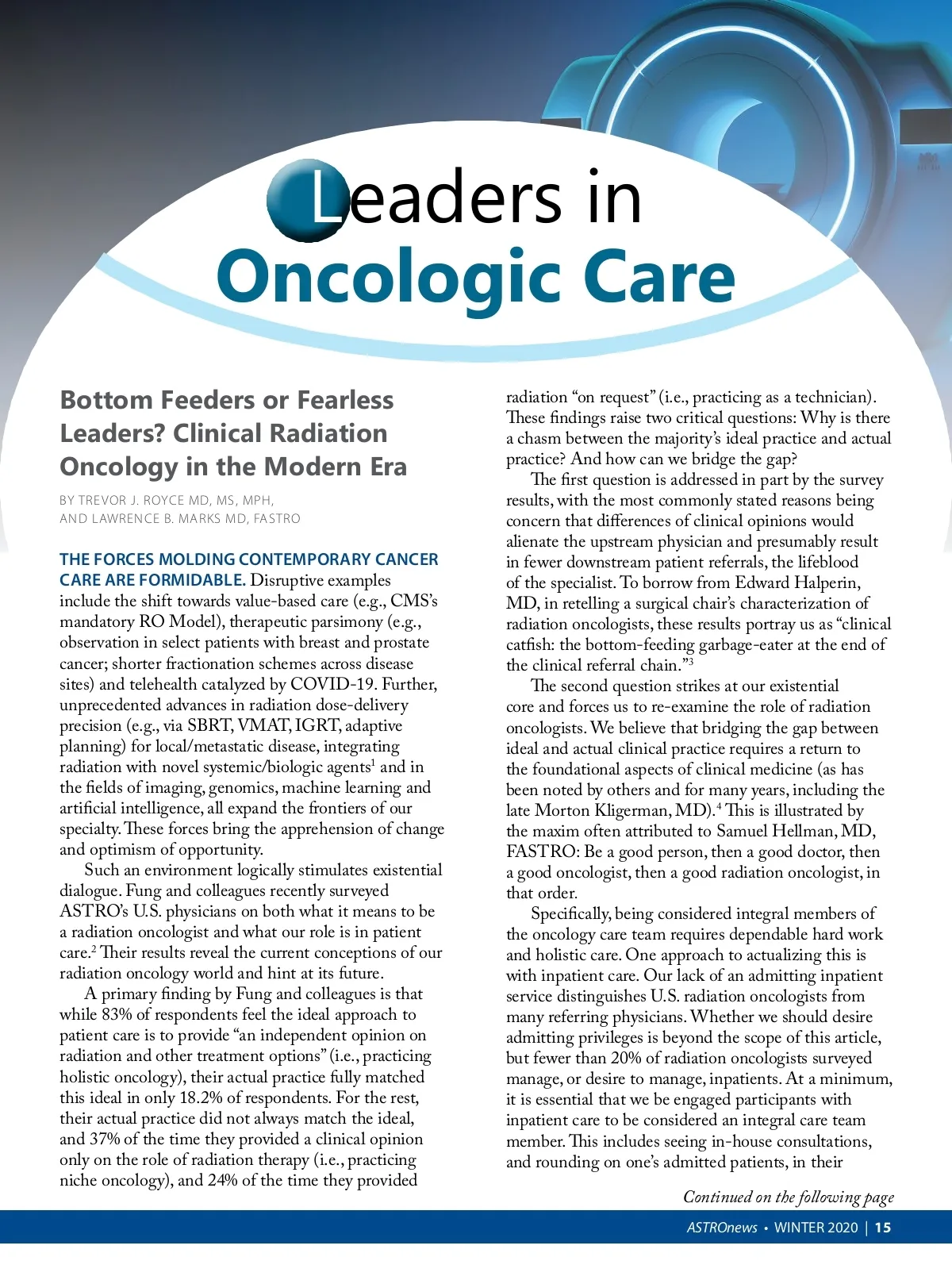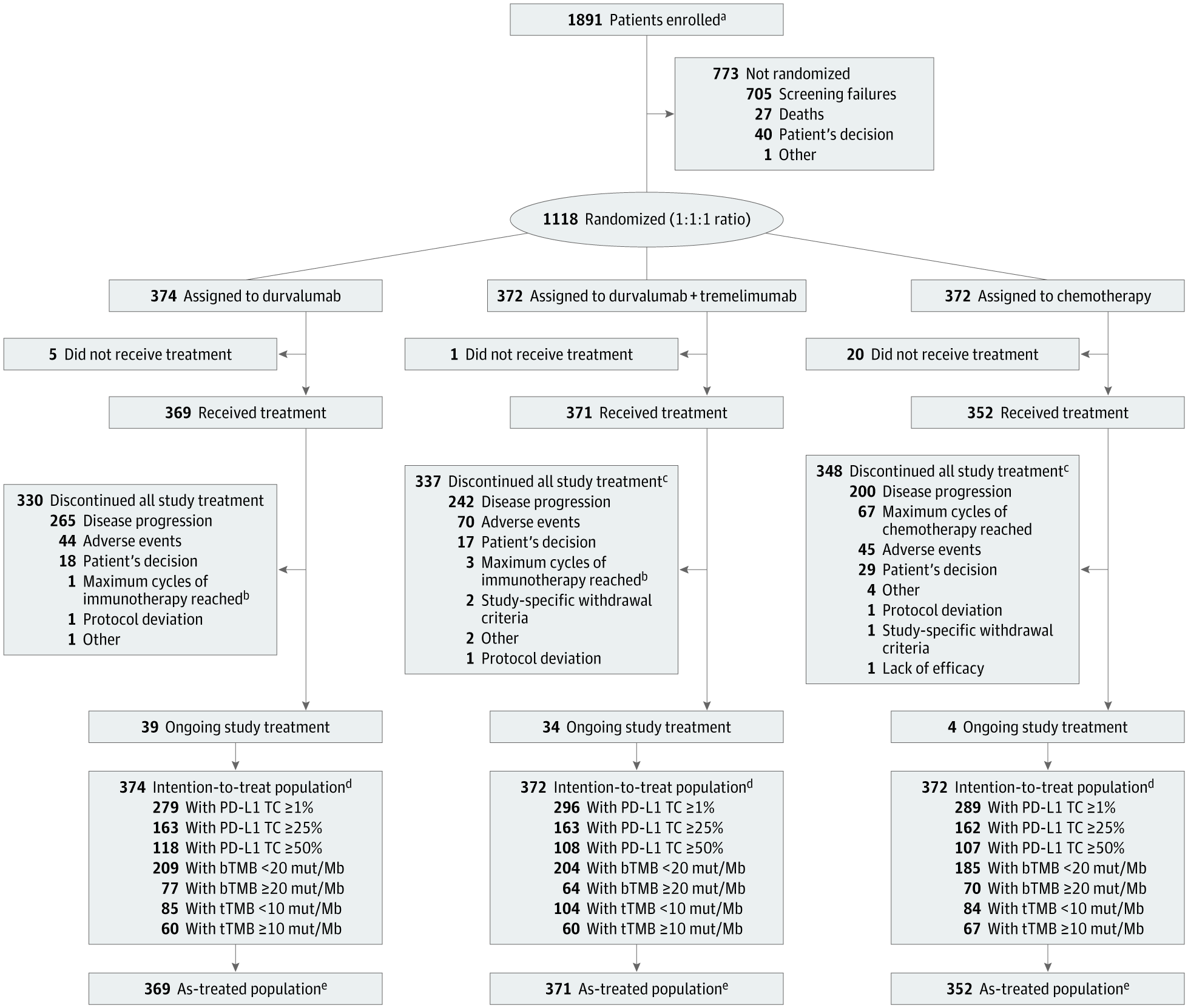Hal9k's post, for one, provides a very different perspective.
I used to tell med students to avoid rad onc strictly because of the market woes about which I'd read on this forum. I'm not sure I can do that anymore in good conscience. It's a fascinating field (I rotated in it for a month as a student), and I don't think I can tell med students that they need to avoid a field that will "only" pay them 500k.
Sure, nobody knows the future, but I suspect rad onc leadership will find ways to tighten the market in the next couple of years. Judging by the threads on the forum, pressure on them is building. I wrote some months ago that residents will need to coalesce and make collective demands, and that will likely happen. Nationalized healthcare, as is likely coming under this administration, may either "grandfather in" physicians as part of a bloated govt structure, or slash our incomes across the board because we're wealthy enough to be ripe targets, but too poor to lobby like financiers. That's the wild card.
No offense, but your posts read like they are written from the perspective of a college freshman or sophomore. Which is fine. But again, I will explain the situation. It is very simple and hopefully somebody who is pre-med without a background in the nature of these things can follow it.
The delivery of radiotherapy services is expensive. Very expensive. It is this way for a reason. Say, compared to the delivery of psychotherapy services. One of those costs more than the other due to the complexity of the delivery as well as some other market and non-market forces.
Radiation oncologists, and doctors in general, typically perform a service, then charge for it, and are paid based upon a negotiated rate. Treating an average of 30 patients a day would typically result in collections of well over 1M/year that would be paid to the doctor for his/her service. The owner of the machine and building would then charge a secondary facility fee, which is many multiples of this, to cover the overhead of the technical aspects of treatment delivery and return a profit on their upfront investment and risk in building such an expensive center. This how small radiation departments are able to bring in 10M+ a year (hint: It's not the doctor's fee).
Very often, hospitals own the machine and the rad onc's building. What has happened in recent years, due to a number of factors not the least being an oversupply of radiation oncologists, is that hospitals have figured out that they can employ radiation oncologists and completely control all aspects of billing and hide it all from the physician. The physician gets paid a salary and gets a handful of benefits that probably amount to being worth $100k or so (the majority of which is the PTO the physician would otherwise have had to pay a locums for). There is usually also typically some sort of RVU (a work credit system) "bonus," which is essence is a total scam that provides the physician diminishing pay for increasing work that he/she othewise would have fully collected. The end result is that the physician ends up making about 30-50% (or more in competitive markets ) less in this situation. In addition to losing autonomy, control of practice, and the benefits of not being a W-2 employee in terms of taxes and handling business expenses.
So, where do those excess fees go that the physician otherwise would be making if billed directly? The hospital is still billing them. The patients and the payors are still paying the same prices. Yes, of course the hospital is keeping them. And all the while, the hospital, and people like you, are gaslighting physicians and telling them things like they are "greedy" and should "be lucky to making X." Not cool. Not cool at all when you understand what's going on and where the money's going.
Your comments about nationalized healthcare really tell the story here that you don't know what's going on. Very few in politics have any real interest in actually driving prices down. Where the real interest is, like always, is screwing the little guy/small business in favor of the mega corps (pharma and hospital systems). The little guy is the independent physician or even the small independent hospital. The fake news is that we're the problem. The big benevolent academic hospital system needs to take control of us to keep us from financially exploiting patients (coincidentally they charge and collect far more than we do for the same service and do things like abuse the 340b system. Nothing to see there, of course).
So there's the lesson for pre-meds.
The lesson for residents is still:
1. DO NOT accept an employed rural position (this is most of the crap that is advertised these days). If you must, do not touch a salary < 700k.
2. If you can find a PP with partnership track with ownership, take it whereever it is. Yes, the gamble of the buy-in is worth it when compared to the crap deal of working for a hospital.
3. The next best option is to be part of a larger group that contracts with a hospital to provide services.
4. Being a solo radiation oncologist employee for a hospital is the worst possible situation you could be in as a rad onc (this includes staffing a satellite for a system). If you are solo, you need to be independent, period.
The lesson for med students is simply do not apply to this field. You will likely end up in the #4 category above. Apply to a field where you have a higher chance of practicing independently and there is not an oversupply. I had a call with a hospital recently and told them I would I staff their clinic for them and handle everything independently and bring in a lot more patients. The call ended abruptly. "All of our physicians are employed." Which is a lie. Every hospital still has a few groups or physicians that haven't been absorbed yet. But they will eventually.



